

"I thought the EA Indie Bundle was a joke at first," says Sports Interactive's Davide Coppola. "I was eating breakfast and I glanced at the RSS reader and...I thought it was a joke, a parody."
As Davide quickly uncovered though, it wasn't a joke at all. EA had collected five of its previously released downloadable titles, including Shank and Deathspank, and repackaged them into an EA Indie Bundle - which is the sort of news you'd expect to see more on The Onion than on VideoGamer.com. EA is classifying itself as indie now?
"EA is everything that indie is not," said Davide, once he'd finished his breakfast. Davide had worked for years as an independent developer before joining Sports Interactive as a Platform Coder - and his initial disbelief at EA's bundle quickly turned to anger at what he considers as a major publisher's attempt to profit from the advances of smaller companies.
"By using the words 'Indie' and 'Bundle' [EA] is just jumping on the Indie Bundles bandwagon. Does a multinational such as EA need to use sneaky marketing tricks like this? I don't think so, but that's probably what makes them evil."
Davide wasn't the only independent developer incensed by the move either; EA's bundle announcement was met by an outcry from both developers and gamers alike. Some were angry that EA was trying to pass itself off as an indie developer when it was anything but, while others focused on how EA mirrored the title of the Humble Indie Bundle, which packages indie games under a 'Pay What You Want' scheme.

It bears pointing out that, while EA refused to respond to my emails, the publisher does have some level of defence. The words 'EA' and 'Indie' may be antithetical to each other, but the games in EA's bundle aren't actually owned by the publisher at all; they were instead produced under the same EA Partners program as Valve's Portal. This means the studios which developed the games, such as Shank developer Klei Entertainment, remain separate from EA and only receive funding, marketing and distribution assistance. The intellectual properties for the games remains with the studios too, as Klei founder Jamie Cheng has repeatedly stressed.
The point being that, while EA obviously isn't an independent developer, the studios responsible for each of the bundled games technically are. EA's bundle may only be indie by way of a contractual loophole, but it is technically indie all the same.
Davide, however, argues that there's a huge difference between being 'technically independent' and being properly indie. In his view, indies are characterised by their lack of means and the ceaseless zeal with which they pursue artistic goals - while independent studios are merely small-but-stable companies.
"If you're concerned with profit, you're no longer indie," says Davide, laying out his opinion as clearly as possible.
Others disagree, however. To Paul Taylor of Mode7 Games, whose excellent strategy game Frozen Synapse was included in a previous release of the Humble Indie Bundle, indie studios are characterised only by how hard they are to define beyond their publisher independence. Sure, the word 'Indie' may have implications about scale and focus - but in Paul's mind, such implications are secondary.
"Personally, I think the correct reaction to this is a raised eyebrow, not a raised pitchfork," he says. "It does seem silly that EA have chosen to use that word, but equally they are supporting some great games and teams with this bundle.
"I've always taken indie to mean 'not beholden to a single publisher', with secondary connotations of a fairly small team size and a fairly progressive outlook. That's what I think of when I see "indie", but obviously it's a vague enough term that bickering about its precise meaning is a bit of an exercise in futility."
The problem is that this futility merely feeds into the larger issue of what it means to be indie, however. If even independent developers can't agree on what it means to be indie, what harm is there in a major publisher such as EA adding one more voice to the argument?
It depends who you listen to, it seems: Minecraft developer Markus 'Notch' Persson, for example, responded by accusing EA of "methodically destroying gaming" in a public tweet.
"Stop trying to ruin everything, you bunch of cynical bastards. Indies are saving gaming," said Persson, before clarifying that he didn't even consider his own company, Mojang, to be indie anymore due to the scale of its success.
EA may be the opposite of an indie, but using the significant clout of the EA PR machine to sell games such as Shank and Deathspank isn't a bad thing by any stretch of that definition.
Meanwhile, Klei Entertainment seems to agree with Paul Taylor's stance, with Klei founder Jamie Cheng saying the title of the bundle is "silly and confusing" but insisting that EA's actions aren't harming anyone.
Cheng also clarifies that, while Klei approved Shank's inclusion in some sort of bundle, the studio did not know or approve EA's choice of title beforehand. The error, it seems, stems solely from EA's internal marketing department.
Some developers, however, have greater issue with the presentation of the games as a bundle, than with EA's attempt to re-classify itself. After all, the definition of 'Indie' has long been vague to the point of uselessness - whereas the emergence of cheap bundles of indie games is only a recent phenomena. It's been a hugely successful one too, with the version of the Humble Indie Bundle which contained Frozen Synapse selling over 230,000 copies - and that's just a modest example.

Even so, the concept of discounted or pay-what-you-want bundles hasn't pleased everyone. In fact, between the influx of ever cheaper mobile games, pay-what-you-want initiatives and the current glut of free-to-play titles, some developers are worried that games as a whole are becoming disposable and devalued in the eyes of gamers. As games get cheaper and cheaper customers feel more and more entitled to these savings, meaning they expect to pay less in the future and it becomes harder to recoup costs.
Admittedly this issue hasn't affected indie developers quite as much as larger companies, but that's because there are larger issues affecting the sale of most indie games than just the choice of price point.
"Bundles may devalue indie games, but they are brutally effective marketing," says Ruari O'Sullivan, the independent developer behind Beacon and Fear is Vigilance, who explains that the biggest problem for studios is achieving visibility, not negotiating price. It's here that bundles and such are most useful: The Humble Indie Bundle is high profile enough that, even if most players opt to pay less than participating developers may usually charge, the publicity generated makes it easier to make more money in the future.
"Once people get to hear about and fall in love with a game they're generally happy to pay £5 or £10 for something they really like. The problem is reaching people and getting them to fall in love in the first place... I've heard it said that there are only two ways to make money as an independent game developer and that's to either get on Steam or to get in the Humble Indie Bundle - to which, I say, Good! That's two more ways than we had seven years ago!"
While discounted bundles make sense for indie developers though because they bring a significant boost to visibility, EA tends to have less difficulty when it comes to generating PR. The publisher's deliberate mirroring of other indie bundles can be seen as an unjustified infringement on indie territory, especially when EA is heavily promoting the bundle on the typically indie-friendly Steam platform, but not offering it at all via its own Origin service.
So, even when the arguments about what is and is not indie are put aside, the structure and focus of EA's Indie Bundle can still be seen as an aggressive advance against indie developers. That's the view of Cliff Harris, founder of one-man studio Positech Games - though in truth he seems bemused by EA's tactics, rather than outraged.
"It seems a bit desperate to me," says Harris, whose past work includes Democracy 2 and Gratuitous Space Battles. "I would have thought that a huge company like EA, with their marketing budget and whole teams of PR geniuses could come up with a better way to market stuff than trying to piggyback on the street cred of indie developers. I also think it's bizarre that they didn't think that they would be called up on it and that it might backlash.
"If I ran EA and one of my underlings suggested we try and associate EA with being indie, I think I'd just fire that underling for incompetence."
It strikes me that, of all the reactions provoked by EA' bundle, this is the right one to take. After all, if a major corporation is starting to copy your methods then you must clearly be doing something right.
Maybe it's like Notch said previously; that indies are saving gaming, however they opt to define themselves. If this is case, all that remains to be seen is how the indies will respond to EA.
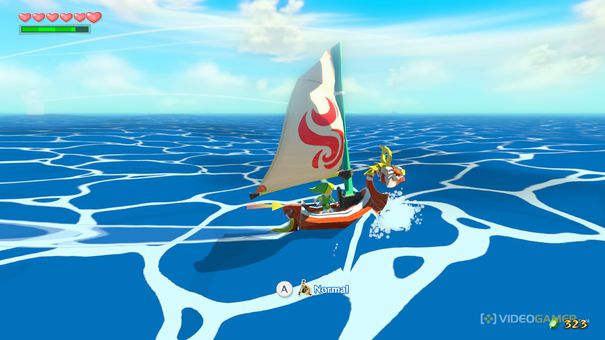


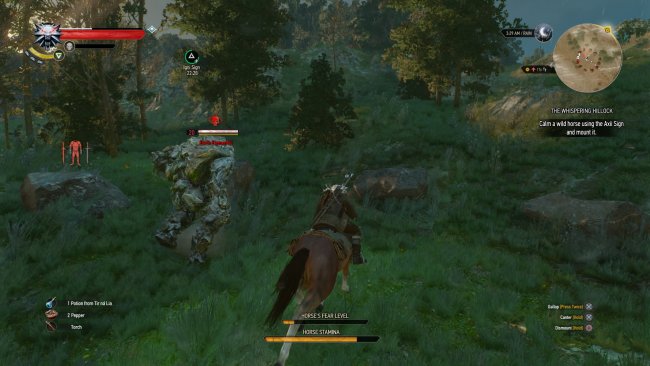
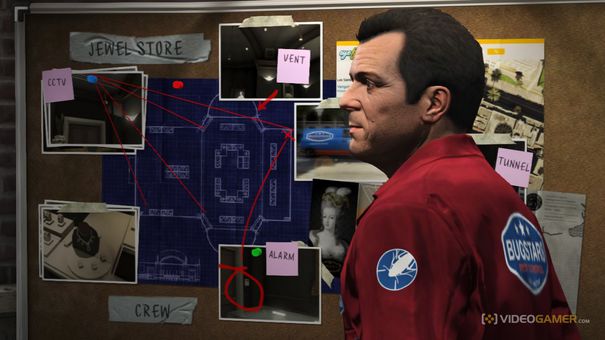 GTA 5: The Other Things That Will Make It Great
GTA 5: The Other Things That Will Make It Great Torchlight 2: Dual Wand Embermage Build Guide
Torchlight 2: Dual Wand Embermage Build Guide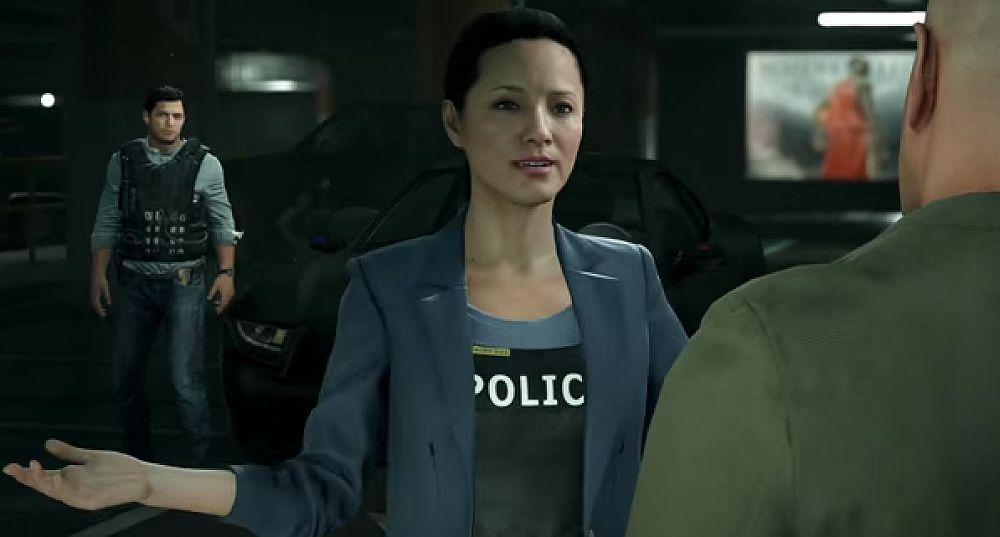 Battlefield Hardline guide: Episode 1 – Back to School
Battlefield Hardline guide: Episode 1 – Back to School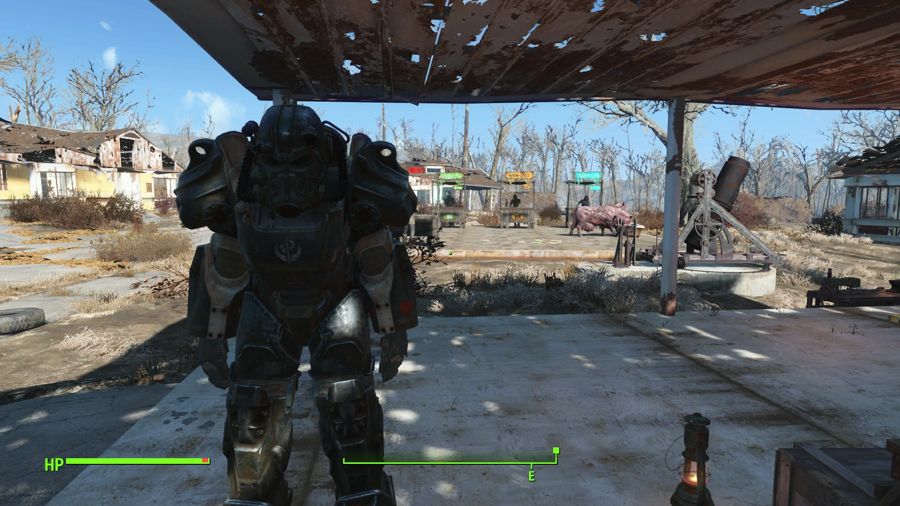 Fallout 4 Guide - Where To Find Infinite Amounts Of Aluminum For Your Settlement
Fallout 4 Guide - Where To Find Infinite Amounts Of Aluminum For Your Settlement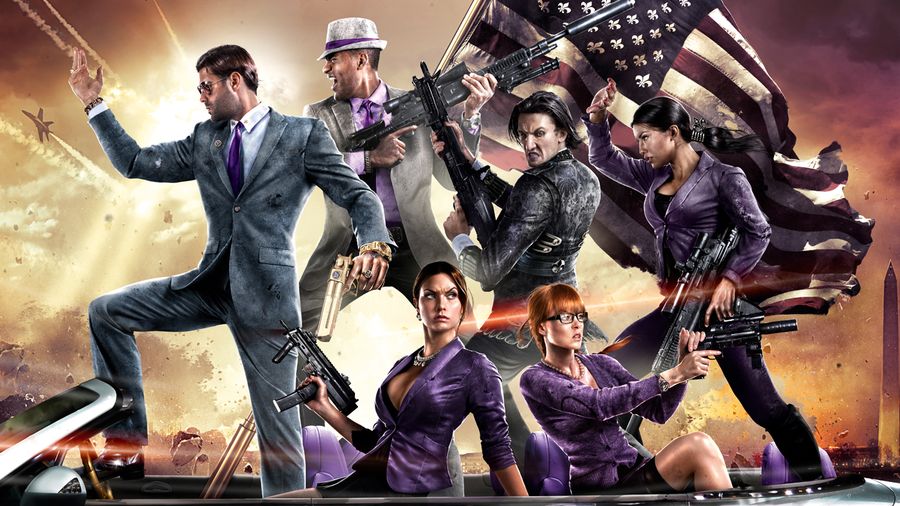 Saints Row IV Guide Collection
Saints Row IV Guide Collection